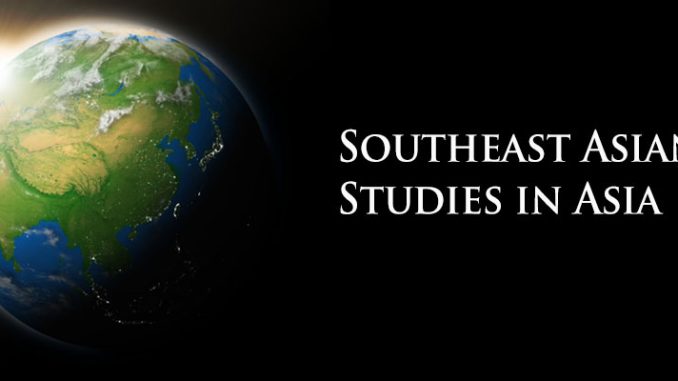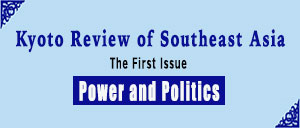
The University of the Philippines’ Asian Center held a conference-workshop last January 8-10 that examined the state of teaching and research on Southeast Asian Studies in the east Asian region. Supported by the Japan Foundation’s Asia Center, the meeting also explored an agenda for future collaboration among the participants for the promotion of Southeast Asian Studies.
The conference-workshop enabled participants to compare their respective program thrusts, priorities, frameworks, and approaches, and to exchange notes on best practices as well as problems encountered. It was learned that the state of the field is still backward for most countries of Southeast Asia. While there are Southeast Asia-related courses taught in different departments and faculties and at different levels, there are very few formal Southeast Asian studies programs whether at the undergraduate or graduate level. Moreover, most so-called Southeast Asia scholars have little claim to expertise on any country in the region other than their own.
The presenters also revealed a common desire to institutionalize Southeast Asian studies in their respective universities, the need to improve dialogue with each other by overcoming language barriers, interest in sharing resources and networks, awareness of the need for both comparative and multidisciplinary studies, and importance given to both historical and contemporary issues.
Specific issues discussed were the importance of integrating teaching with research, theory with practical applications, and indigenous or homegrown perspectives with Western thinking. Language and culture remain very important elements of Southeast Asian studies, but there are newly emerging issues that also merit attention such as gender, the environment, and the fast-changing economies of the region.
At the end of the workshop, participants agreed that an association of Southeast Asianists in the region would greatly help to promote Southeast Asian studies. A core group was then formed, composed of one representative per participating Southeast Asian country, to prepare the groundwork for the formation of such an association or network.
The conference-workshop was attended by 71 participants from 14 countries. Aside from the UP and Ateneo, represented were universities and research institutes from Brunei, Cambodia, Indonesia, Laos, Malaysia, Singapore, Thailand, Vietnam, China, Hong Kong, Japan, Korea, and the United States. The meeting was organized with the help of the Center for Integrative and Development Studies, the Third World Studies Center and the College of Social Sciences and Philosophy, and was held at the SEAMEO-Innotech Building in Quezon City.

